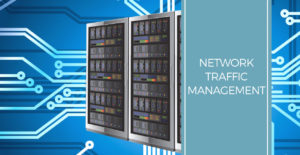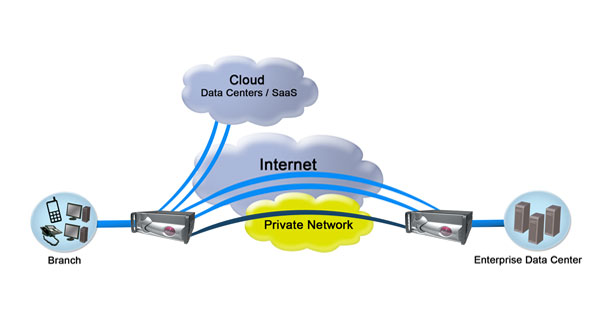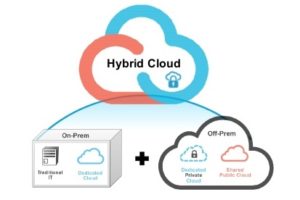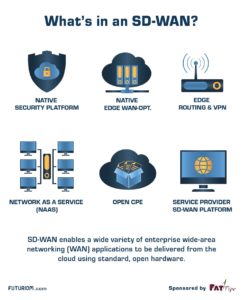Network Connectivity and COVID-19
Network Connectivity and COVID-19
Yes, the COVID -19 virus has absolutely affected the global economy, and not in a good way. It has also forced businesses, especially essential businesses, to be creative in the way they may not have expected even a few weeks ago.
Working from Home
Employees working from home is not necessarily new, but the number of employees working remotely has dramatically increased, thanks to the stay at home call from officials and business owners globally. As a result, the demand for secure and most importantly, reliable connectivity, has never been more acute. So how has the modern-day business adapted? What are the essential needs for remote workers, and how does the WAN administrator of today deal with these significant changes?
Facts: More than 25% of businesses have not updated their work from home security policies in the past 5 years. Driven by the need for secure remote access, companies are scrambling to implement solutions that are robust, secure, and of course reliable. This dramatic increase in the need for remote secure and reliable connectivity has placed extraordinary demands on the carriers as well as network administrators, some of whom are also working from home.
“The spread of coronavirus and social distancing mandates have put many IT pros in a precarious, but necessary, position of having to quickly transition to a largely remote workforce”. (Jackie Crankshaw, Lifeboat Channel Chat, 03/27/2020). “With more employees working from home, cybercriminals have more access points to exploit networks”
Hacking is always a present danger, but in today’s environment, the chances for breach of a network have significantly increased. Network administrators must be wary of the security issues they now face, and have to accommodate the changing business environment, especially as more workers are connecting from home offices.
Secure connections for remote workers
There are plenty of choices out there, and VPN connections are, for the most part, a logical way to go. But what good is the VPN if the connection itself is less than reliable, or worse still, down.
The key to ensuring remote workers can do what they are asked to do and help keep businesses up and running is to have the data traffic be secure, and of course, reliable.
For example, Video conferencing and VoIP calls are bandwidth hogs, and with more and more remote workers using these methodologies to connect, the demand for reliability and continuity of call is paramount.
So how can businesses of today, with all the challenges of social distancing ensure their “connectivity” is reliable and secure?
Simply deploying a VPN is not the answer. Without the ability to manage the links, or lines coming into the HQ data center, the VPN tunnels from all the remote workers will suffer from congestion and in some cases, the link may drop all together. This defeats the remote worker purpose.
The best possible way to ensure reliable connectivity is to enable software driven networking solutions to manage the connections.
FatPipe Networks have been developing and deploying software driven network solutions for well over 20 years, and have 13 seminal patents that enable customers to design, customize and manage how their data traffic is managed across the network. This includes remote worker connectivity.
Road Warrior solutions from FatPipe Networks
In fact, FatPipe has had a remote worker solution for many years, FatPipe Road Warrior solutions, which give customers the ability to load balance the traffic across multiple links, as well as failover in a sub-second should a link degrade or fail completely.
The difference with FatPipe solutions is the seamless nature of how it works. Just set it and watch how the traffic is automatically directed by the FatPipe software. FatPipe Road Warrior solutions allow customers to enable as many VPN tunnels (Fatpipe has tested to over 9,000 simultaneous connections) as necessary, and use any link type, including copper, fiber, wireless (3G;4G;5G; LTE) and satellite to load balance and failover when the demand requires.
In today’s disrupted business environment, knowing your connectivity is reliable, secure and manageable is critical. FatPipe Networks has been in the market for over 20 years and has recently received a Gartner Peer Review rating of 4.9 out of 5, taking the top spot in recommendations from customers as a best of breed SD-WAN solution.
If you have employees working from home, students learning “on line”, citizens trying to get information from their local city council, or just want to be able to manage data traffic coming into the network, then FatPipe must be a solution worth exploring.
Call FatPipe Networks today – 801-683-5656 ask for sales.






